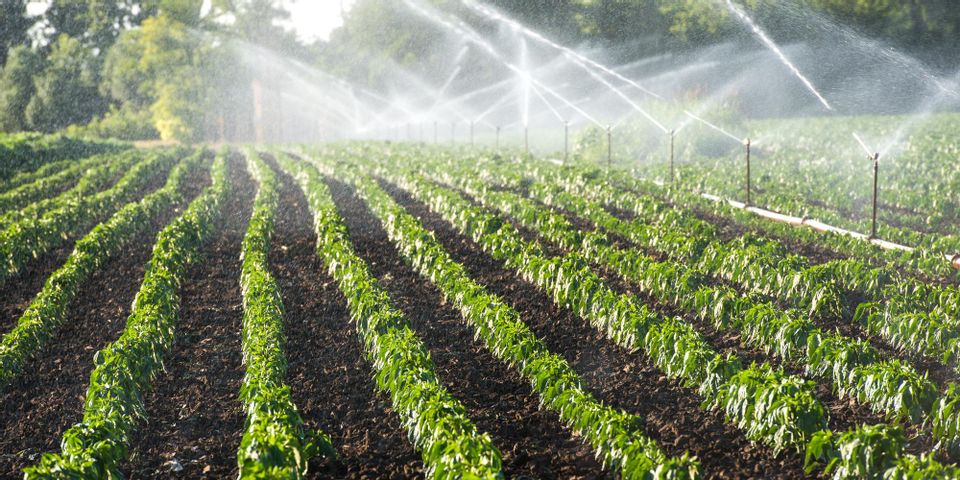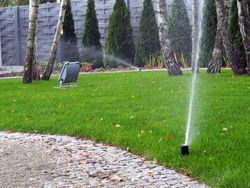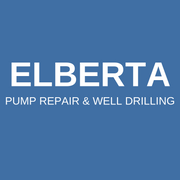
Although most people only think about wells supplying water to the inside of a home, well drilling can serve many purposes. For instance, an irrigation well can be hooked up directly to your sprinkler system to help you save money. Use this question and answer guide to learn more about this system and how it might be beneficial to your property.
4 Common Questions About Irrigation Wells
Where is the best place to complete the well drilling?
Ideally, you want to install the well as close as possible to the irrigation system to minimize the amount of excavation required. However, this will ultimately come down to the zoning laws in your region. The well will have to be installed a certain amount of feet within your property perimeter. It must also not be too close to buildings, wetlands, nearby water sources, or other wells.
Which type of well is best?
 An irrigation well will typically be either a dug or bedrock well. A dug well is often 10 to 50 feet deep and draws its water from the nearby groundwater and permeable materials, like sand, silt, or clay. Unfortunately, since they are shallow and don’t have a continuous casing, these wells are subject to contamination and running dry.
An irrigation well will typically be either a dug or bedrock well. A dug well is often 10 to 50 feet deep and draws its water from the nearby groundwater and permeable materials, like sand, silt, or clay. Unfortunately, since they are shallow and don’t have a continuous casing, these wells are subject to contamination and running dry.
Bedrock wells are drilled hundreds of feet into the ground beneath the bedrock to reach the underground aquifer. A casing is added to these wells to prevent surface contamination, and a pump is installed to push the water to the top. These wells are less likely to run dry during the hottest and driest months of the year but do require regular testing to protect against contamination.
Is there a restriction on the flow rate?
Some states place limits on the volume of water that can be pumped from a well. When the well is installed, you’ll be given the static level—the normal water level—and a recommended pumping rate. Afterward, it will be your responsibility to monitor the flow rate by measuring how many gallons are used each day and recording this number plus water levels each month to prevent depleting the aquifer.
How often is maintenance needed?
Mechanical inspections are generally advised each year to check the water pump and motor, air charge and pressure system, and seal integrity. Every three to five years, it’s important to test the water for contamination.
If you want to make sure that taking care of your lawn doesn’t empty your wallet, contact the experts at Elberta Pump Repair & Well Drilling, Inc. based in Elberta, AL. For over 16 years, they’ve provided irrigation and water well services to Baldwin and Mobile counties. Call them today at (251) 986-3055 to schedule an installation, and visit their website to learn more about their services.
About the Business
(6 reviews)
Have a question? Ask the experts!
Send your question

